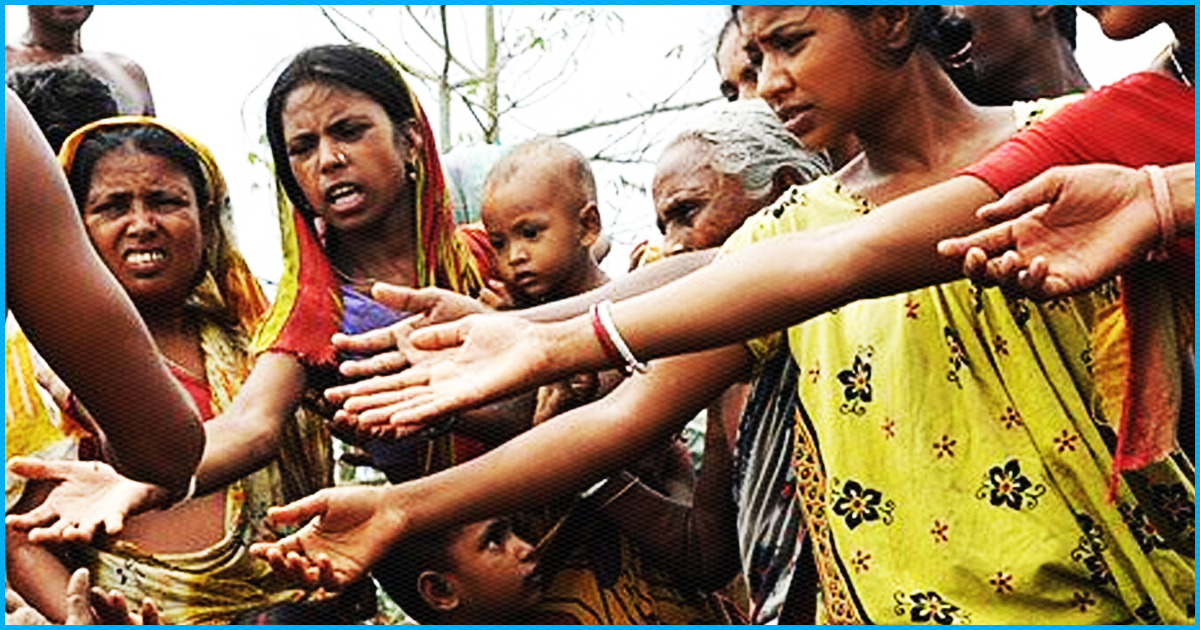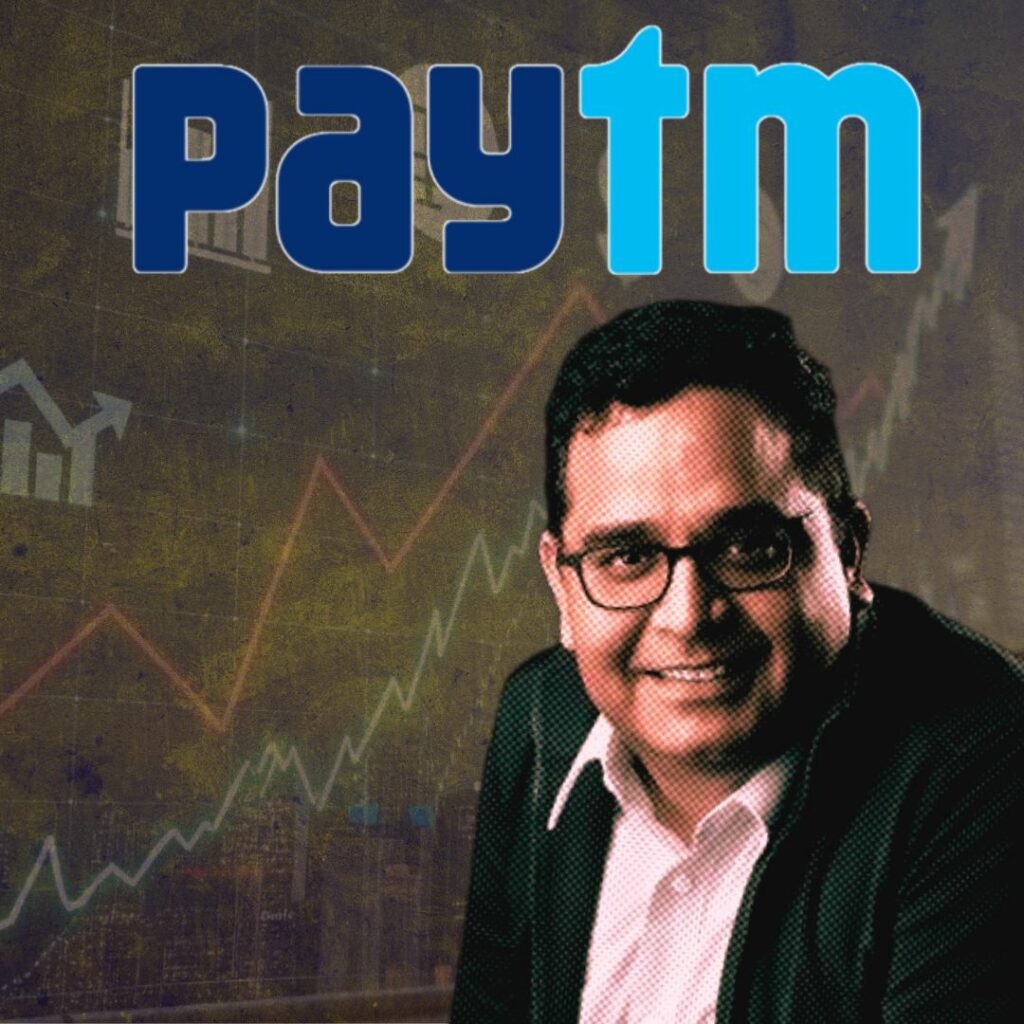The government seems to be in denial of India’s poor living conditions and has rejected the findings of the World Bank’s Human Capital Index (HCI). HCI has ranked India on 115th position out of 154 countries. The HCI index values are to measure youth mortality, schooling and health system in a country.
India ranks lower than neighbouring countries like Nepal, Sri Lanka, Myanmar and Bangladesh in the index.
Singapore topped the list as it was best rated for its healthcare and education system by the World Bank. The country has the best life expectancy figures and education. After Singapore, South Korea has taken up the second position followed by Japan, Hong Kong and Finland.
Government questions World Bank’s report
However, the finance ministry has raised their eyebrows on the report. The ministry said that there are serious reservations about the advisability and utility of this exercise of constructing HCI. “There are major methodological weaknesses, besides substantial data gaps. For instance, for the schooling parameter, though quantity is assessed using enrolment rates reported by UNESCO, quality is gauged using harmonised test scores from major international student achievement testing programmes,” said the statement released.
The statement further said India would continue to undertake its path-breaking programmes for human capital development. It says its aims to rapidly transform quality and ease of life for all its children.
The government has decided to ignore the HCI.
The report does not reflect key initiatives
The ministery further said that the report fails to reflect on the major initiative programs of the government that are being taken to increase human productivity in the country. The statement said that the government had launched Samagra Shiksha Abhiyan to provide access and better quality of education to the 197 million children of the country.
Bosting about the government schemes the statement also talked about the Ayushman Bharat Programme, Pradhan Mantri Ujjwala Yojana and Aadhar benefits along with other schemes.
“Through the Ayushman Bharat Programme, India has now launched the world’s largest Health Insurance initiative providing 500 million citizens with adequate health coverage, and transforming 150,000 Health Centres into Wellness Centres to provide comprehensive primary health care services,” it said.
While talking about the Aadhar, it said, financial inclusion and the Aadhaar identification system has enabled India to make direct cash transfer of about USD 64 billion to citizens, thus improving governance and social protection.
The ministry’s statement concluded that the government of India is coming up with several initiatives that will help in “touching lives of millions of people living in rural and tribal areas”.
Also Read: India Ranks 103rd Among 119 Countries In Global Hunger Index, Even Below Bangladesh & Ethiopia










